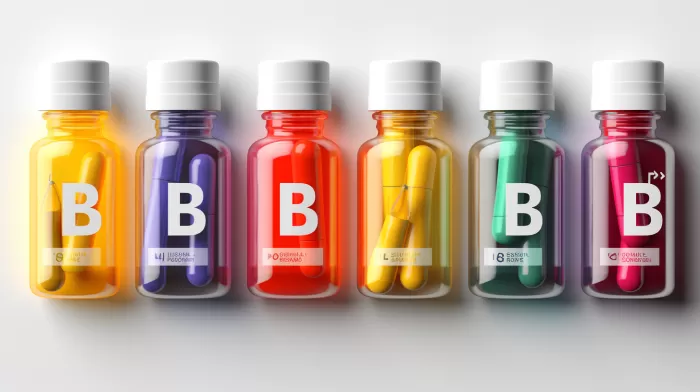It’s no secret how important a healthy heart is to our overall well-being. In Dr. Kilmer S. McCull’s book, “The Heart Revolution,” he emphasized the importance of vitamins B6, folic acid, and B12 in reducing the risk of heart disease. What may come as a surprise, however, is that the combination of vitamins D3 and K2 can also help us maintain good heart health and possibly reverse heart disease.
For a start, many Americans suffer from a vitamin B12 deficiency, especially as they age. This is because the standard American diet makes it difficult for our bodies to absorb vitamin B12. Furthermore, around the age of 50, our stomachs lose the intrinsic factor necessary for vitamin B12 absorption, making vitamin B12 injections necessary for older individuals.
Vitamin B12 isn’t the only essential vitamin for our hearts – vitamins D3 and K2 play a crucial part as well. For many years, vitamin D was known to be important for bone health, as it aids in calcium absorption, but the benefits of the sunshine vitamin extend far beyond that. In fact, vitamin D influences nearly 3,000 of our 25,000 genes, playing a key role in conditions such as heart disease, cancer, hypertension, obesity, diabetes, and more.
Despite vitamin D’s essential role in our health, up to 85% of Americans have insufficient levels. It is crucial not to follow the recommended daily allowance (RDA) for vitamin D, as it could lead to serious health issues. Instead, supplementing with vitamin D – around 30,000 international units (IU) for an individual weighing around 200 pounds, or 20,000 IU for someone weighing 100
pounds less – is a great way to keep our vitamin D levels on track.
So where does vitamin K2 fit into the picture of heart health? This vitamin’s ability to protect against heart disease has been well-established by researchers, who have even suggested that heart disease could be largely a deficiency of vitamin K2. Like vitamin D3, most people have a deficit of vitamin K2. When combined, vitamin K2 and vitamin D3 work together to increase Matrix GLA Protein, a protein that helps protect our blood vessels from calcification.
Taking vitamin D3 and K2 also aids in bone development and absorption of calcium. New evidence shows that vitamin K2 directs calcium to the skeleton, preventing it from being deposited where it is not needed, such as our organs, joint spaces, and arteries. A large part of arterial plaque consists of calcium deposits (atherosclerosis), which can cause a hardening of the arteries. Vitamin K2 activates a protein hormone called osteocalcin, which binds calcium into the bone matrix and prevents calcium from depositing in the arteries.
Simply put, these scientific studies confirm how essential it is to include vitamin K2 in your diet as a supplement to reduce the risk of coronary heart disease. When combined with vitamins B6, folic acid, B12, and D3, you’ll create a powerful team to help reverse the symptoms of coronary heart disease and maintain a healthy heart.
Most K2 supplements come in the form of MK7, extracted from the Japanese fermented soy product, nattokinase. By consuming natto, which is relatively inexpensive, you can get loads of MK7 (K2) and benefit from its blood-thinning properties without the risks associated with certain drugs. To keep your heart healthy, make sure to prioritize the powerful combination of vitamins B6, folic acid, B12, D3, and K2 in your diet.



